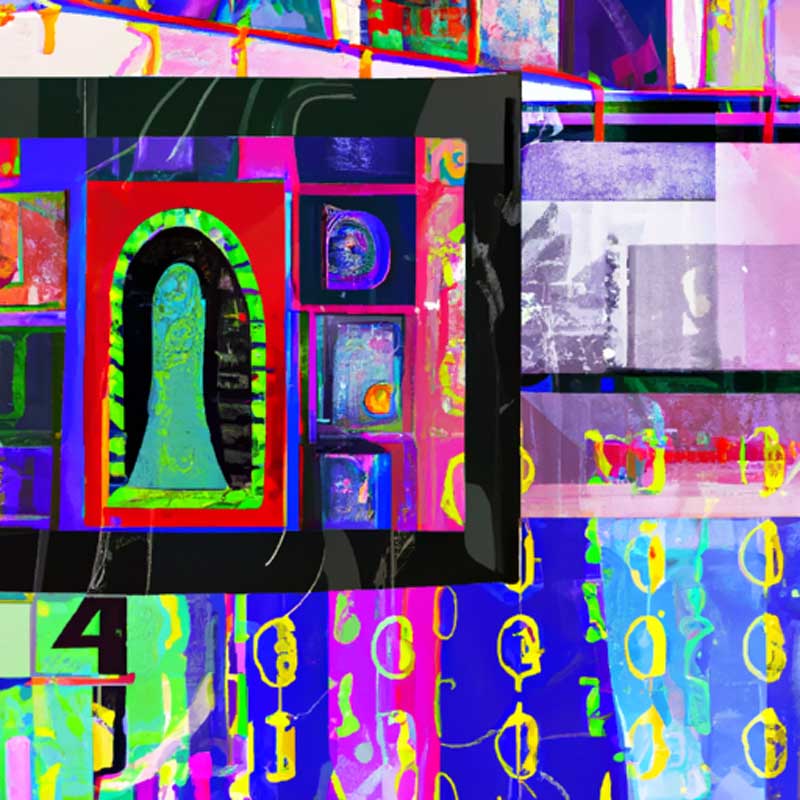The EU should invest billions of euros in building its own cutting-edge artificial intelligence (AI) system to avoid dependence on models created by US and Chinese tech giants, says leading AI expert Holger Hoos. Hoos argues that Europe needs a public project similar to the Manhattan Project to develop an independent, ethical, and transparent AI model. The cost and politics of such a project are challenging, but other European AI experts have also been considering the idea. However, there is unlikely to be easy agreement on who would run the project. Despite the potential challenges, Hoos believes that the EU needs to take more risks and ambition in the field of AI to avoid technological dependence.
Tech Giants and European Companies
Hoos doubts that European companies like France’s Mistral AI or Germany’s Aleph Alpha will ever have the resources to compete with US tech giants. He argues that the EU needs a publicly-funded AI model as the underlying infrastructure on which companies can build new products. Other experts, including David Bisset of euRobotics, support the idea, recognizing a need to shape AI capability against Europe’s specific needs.
Cost and Politics
Calculating the cost of such a project is challenging, but Holger Hoos suggests that it would amount to “small billions” of euros. Funding would need to cover salaries and new computing infrastructure for training the model. Despite access to significant funding, an EU public AI project would struggle to match the salaries offered by US tech firms. Hoos suggests that the EU would need to hope for a sufficient number of people motivated by factors other than money. Additionally, establishing the project would require a new organization, potentially led by a circle of scientists rather than Commission officials.
Japan’s Precedent
Although the idea of an EU-created AI model may seem far-fetched to a US audience, other countries have already considered similar initiatives. Japan has launched AI initiatives to build Japanese-language focused systems that are better attuned to Japanese culture. The country’s National Institute of Information and Communications Technology has already created a large language model trained on Japanese text, with a bigger model in development. The UK has also considered creating its own AI model.
